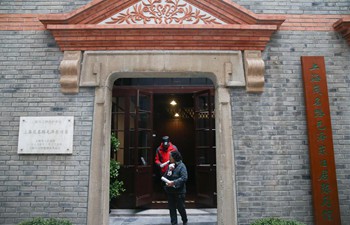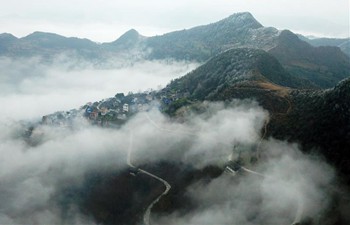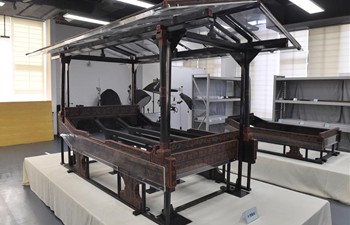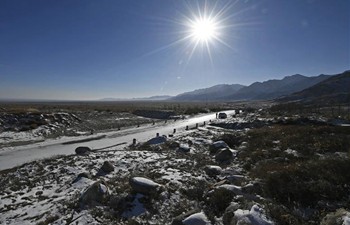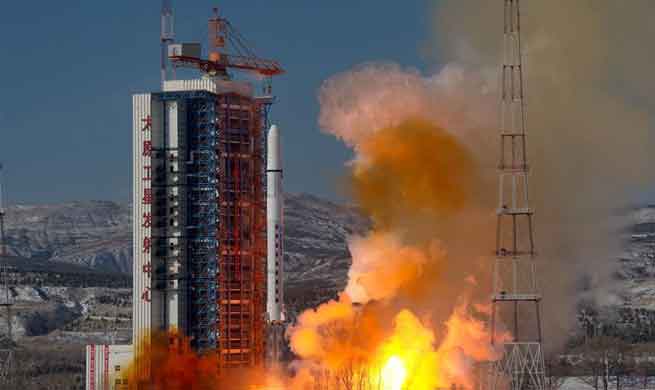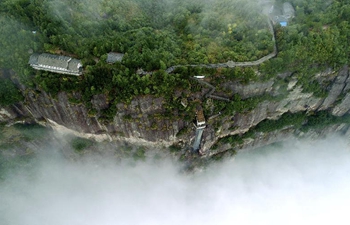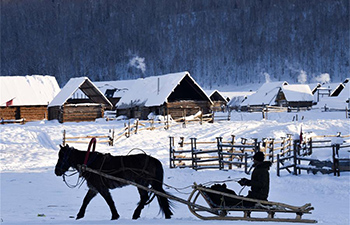MOGADISHU, Jan. 9 (Xinhua) -- Aid agencies operating in Somalia on Tuesday condemned recent forced evictions and large-scale destruction of settlements for Internally Displaced Persons (IDPs), saying the families are facing heightened risk.
Under the umbrella organization, the Somalia NGO Consortium, the agencies said over 21 IDP settlements, housing over 5,807 households, in Km13 on the outskirts of Somali capital Mogadishu were destroyed on Dec. 29 and 30 last year.
"We call on all actors to support the IDPs to relocate voluntarily -- with dignity -- to places where they feel safe and secure and in a more humane manner," said the agencies in a joint statement issued in Mogadishu.
The agencies called upon the government to respond to the ongoing situation, investigate the alleged wrongdoing and wrongdoers, protect the communities impacted and work with landowners and other actors to develop a plan that will promote lawful evictions and protect housing, land and property rights of IDPs.
The Somalia NGO Consortium also urged all humanitarian actors to alleviate the suffering of the displaced communities through a multi-sector and inter-agency response.
"This should be done in a concerted and collective approach inclusive of immediate relief efforts, durable solutions and resilience interventions," it said.
The agencies said the destruction has left thousands of already vulnerable populations and their families homeless, without access to health, water, food and community infrastructure such as latrines and schools.
"The destruction included schools, learning centers and materials -- leaving children not only homeless but also with no hope to access any form of education," they said.
Aid organizations and witnesses reportedly observed armed forces arriving early on Dec. 29 with bulldozers and large vehicles, demolishing shelters, schools and other humanitarian assets intended for those recovering from drought and conflict-related emergencies.
The agencies said the evictions were done with no prior consultations, and numerous requests by the community for time to collect their belongings and to safely vacate were not granted.
"These communities, who are displaced as a result of drought, are now faced with further vulnerabilities and risks including disease outbreak, exploitation and abuse," the organizations said.




